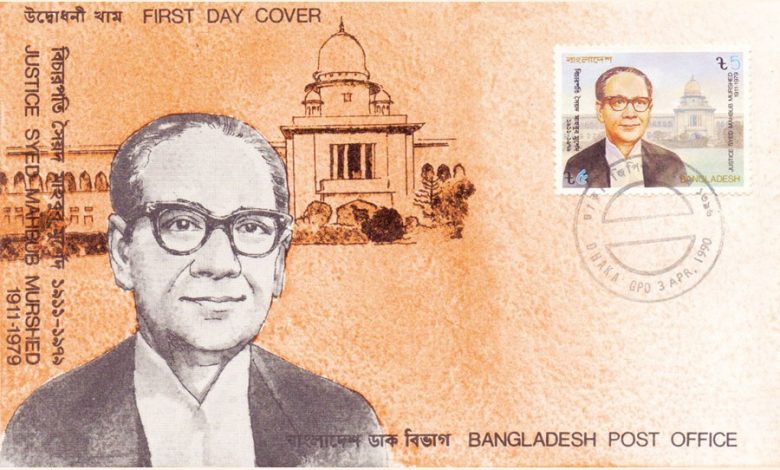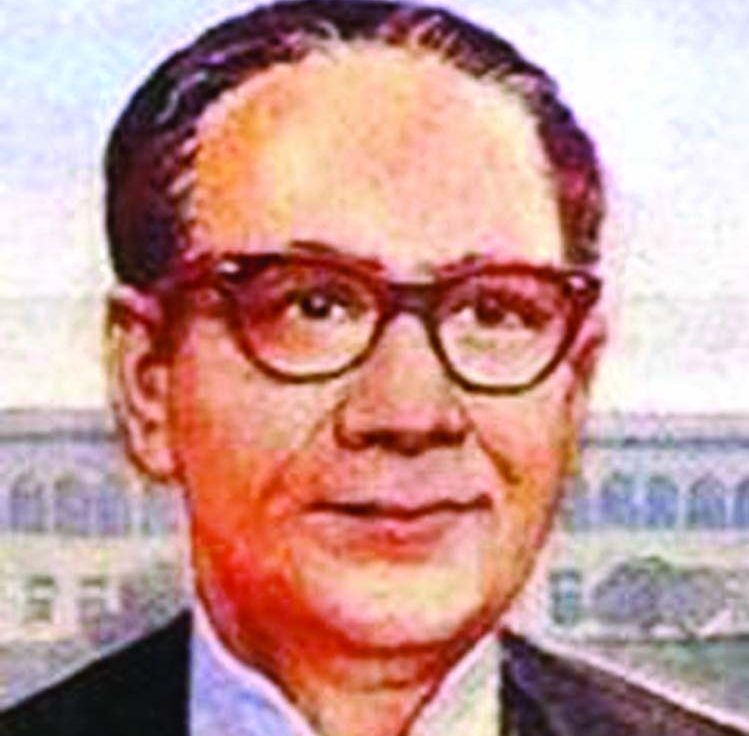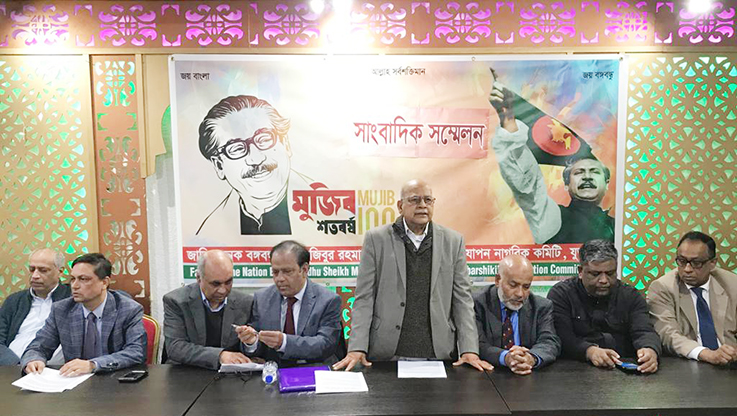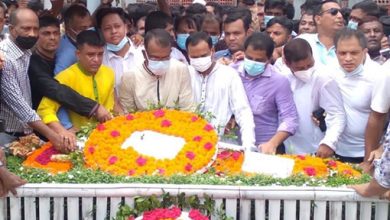Justice S.M. Murshed: A tribute

Syed Badrul Ahsan, London
I have often asked myself why Justice S M Murshed went into a state of silence in the seventies. And I have not yet been able to respond to that query. But why do I raise the question in the first place? That is again something which takes me back to a particular stage in all our lives, a moment in history which brought out some of the more glorious attributes in all of us. It was a time when the dictatorship of Field Marshal Ayub Khan was beginning to come apart at the seams. All the symptoms of decline were there: the regime was trapped In its insidious move to trap Sheikh Mujibur Rahman in a kangaroo court, it was embarrassing itself through trying to humiliate Zulfikar Ali Bhutto in custody. All the signs were of things portentous, for the military and their friends. Even so, the cabal was not quite ready to give up. That is the beauty of philistines trying to govern a country. They know nothing about politics and statecraft to a certain degree of the aesthetic. At the end of 1968, whatever was aesthetic in the life of the people of Pakistan had got lost deep in the confines of authoritarian ignorance; and yet the man who had not flinched in the job of occupying his own country ten years earlier was busy convincing himself that it was perfectly all right t.o carouse.

He made Pakistanis believe that his decade in power was really a millenium. At least his friends thought it was. And then came the crash. The streets began, inexorably, take; upon themselves 21 looks of meanness. That only led to more of physical presence, an undisturbed observance of the poet’s centenary of birth. It was a moment of renewal for the Bengali, and Murshed could not stay away from it. And in the perspective of history, that event bringing as it were Bengalis of all secular persuasions together- was to serve as a springboard to freedom a decade later. In 1961, then, S M Murshed was reminding himself as well as Bengalis that courage was all. – Men of Murshed's mould, and of his times, laid great store by the morality inherent in the shaping of personality. They questioned a good deal.
Murshed knew when to question, and how. In 1942, he told Mohammad Ali Jinnah that his politics was flawed. Quo Vadis Quaid-e-Azam? was an act of bravery. More than that, it was an inner question, way back in 1942. Was the Muslim intellectual leadership to those it an answer to a League equipped to provide. presumed to speak for?. Murshed had his suspicions, which is perhaps the basis for his unwillingness to identify with the men who led the movement for Pakistan.
Murshed could have chosen not to come. to the new country. But he did, once he understood the predicament Pakistan was in with the passing of Liaquat Ali Khan. He made the odyssey to the Land of the Pure. The rest is history, in that conventional manner of speaking. Within the ambience of that history comes the rather solitary struggle of S M Murshed. The struggle slowed down as the Pakistani military went on a genocidal spree in a part of the country whose people had voted only months earlier, for democracy. In free Bangladesh, Murshed seemed to opt for silence. He emerged from that state, in early 1975, to warn Bangabandhu Sheikh Mujibur Rahman that Baksal was an invitation to disaster. He returned to silence, perhaps distressed at the decline of politics in the country all through the seventies. Ayub Khan’s disciples were running the show. Mursheds twilight came as all beauteous things in the land of Bengal went into retreat in that season of unmitigated sadness.
Syed Badrul Ahsan: Writer and Editor








